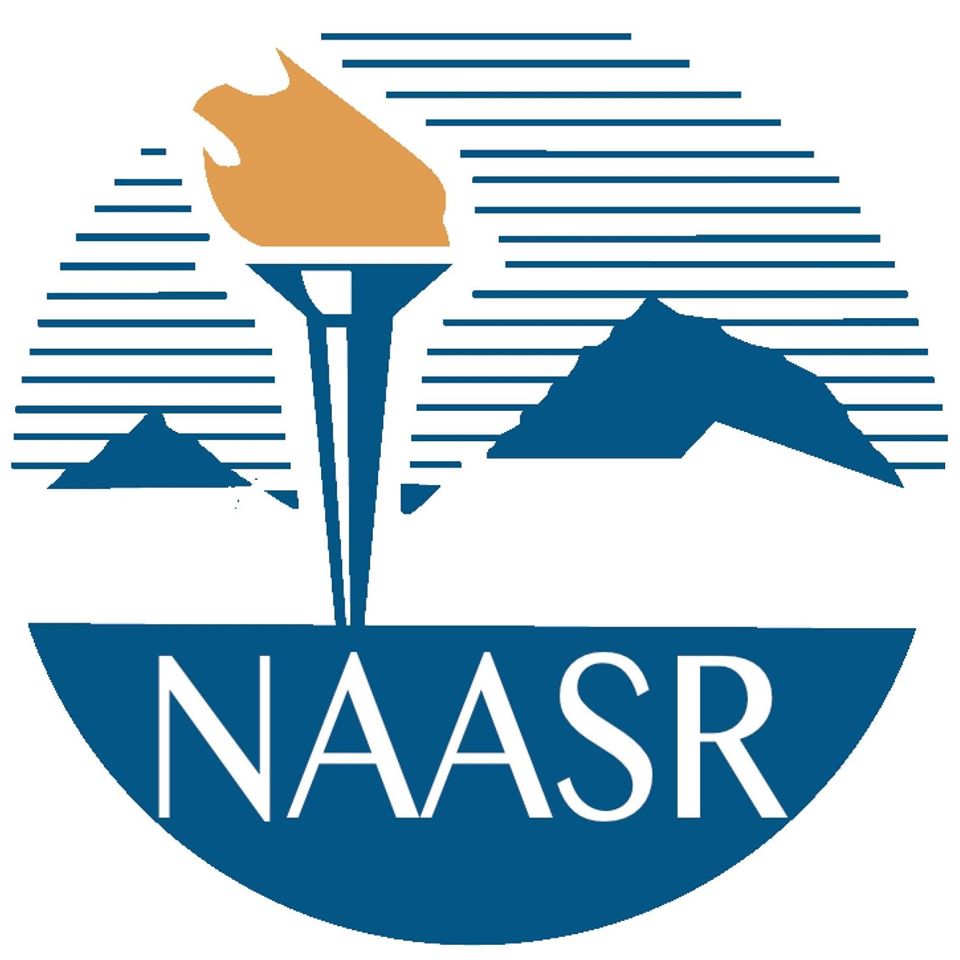BELMONT, Mass. — The National Association for Armenian Studies and Research (NAASR) / Calouste Gulbenkian Foundation Lecture Series on Contemporary Armenian Issues and the Society for Armenian Studies (SAS) will present a panel discussion entitled “Armenia in 3D: Democracy, Security, and Sovereignty in an Uncertain World,” on Sunday, February 21, at 1:00 pm (ET).
The panel will feature the co-editors of and two contributors to the volume Armenia’s Velvet Revolution: Authoritarian Decline and Civil Resistance in a Multipolar World (I.B. Tauris, 2020): Dr. Laurence Broers, Associate fellow, Russia and Eurasia Programme at Chatham House, and Dr. Anna Ohanyan, Richard B. Finnegan Distinguished Professor of Political Science and International Relations, Stonehill College; and Dr. Kristin Cavoukian, University of Toronto Mississauga, Department of Political Science, and Mr. Richard Giragosian, Founding Director of the Regional Studies Center (RSC), Yerevan, Armenia. The panel will be moderated by Marc A. Mamigonian, NAASR Director of Academic Affairs.
Few events in modern Armenian history have generated as much excitement worldwide as the Velvet Revolution in 2018, led by Nikol Pashinyan. Peacefully ushering out a corrupt regime and promising reforms and increased democratization, Armenia appeared as an exception to a global trend towards authoritarianism.
This distinguished panel will present the publication Armenia’s Velvet Revolution as well as discuss the promise and the peril facing Armenia’s democratic consolidation, in light of the new post-war realities in the country and the region.
The discussion will be livestreamed on YouTube or via Zoom. To attend on Zoom, registration is required. Zoom attendees can submit written questions via Zoom which will be asked as time permits.
For more information contact NAASR at hq@naasr.org.



Be the first to comment